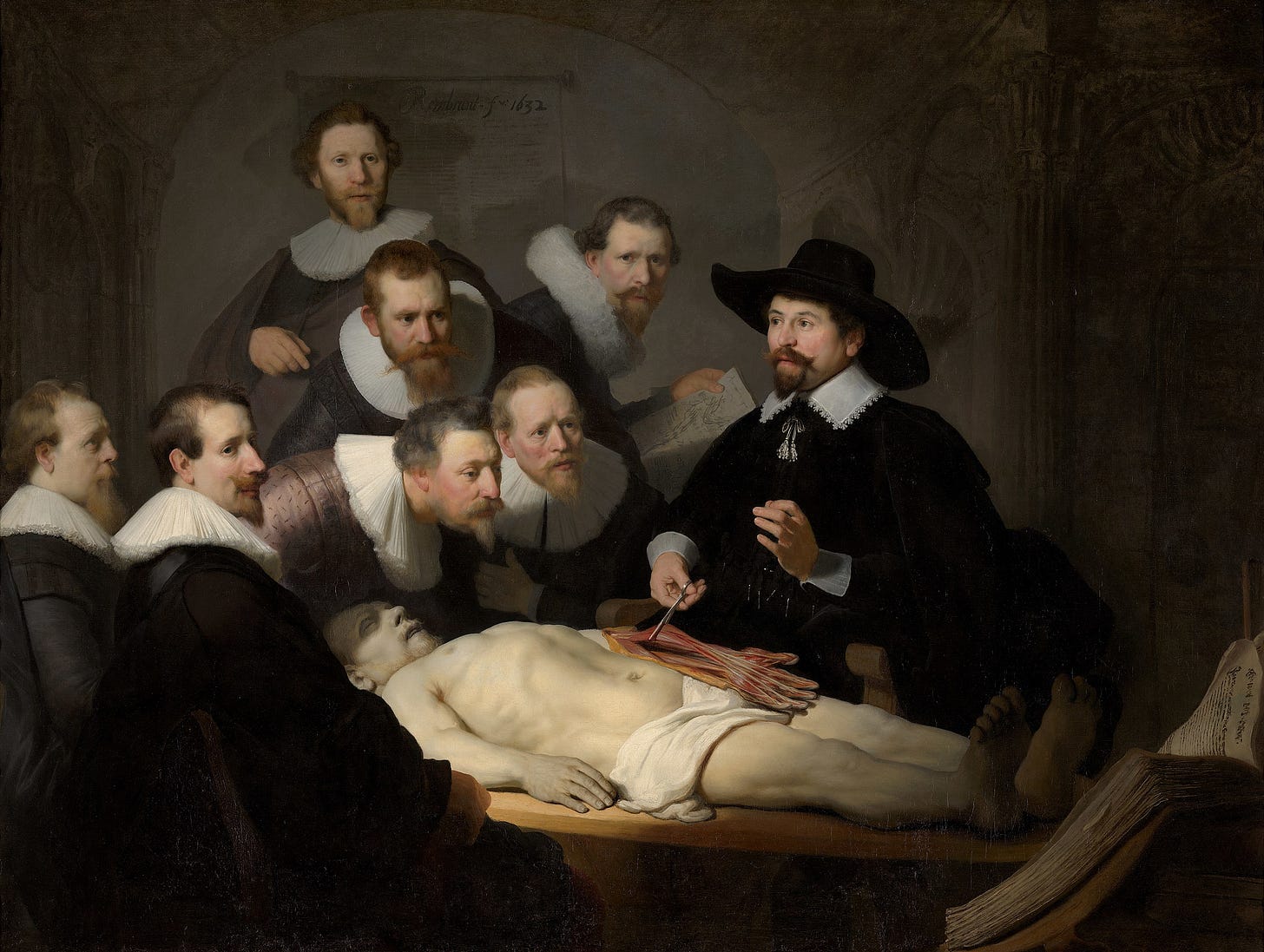Lessons in the Making
Learning from the older and wiser DAOs like Maker
In the eve of the Luna/UST debacle, I’ll write about another ecosystem, the OG decentralized stablecoin maker: Maker DAO.
In a lot of ways Maker is the oldest protocol DAOs that is still relevant. Maker is the organization responsible for the DAI stablecoin, a $6B decentralized stablecoin, with a history of resisting many crashes (like the recent one, but also the crash of March 2020). It has a rich story, that I don’t plan to delve too much into in this short post.
The current market cap of Maker is $1.3B and it has close to 100 people working in the Core Units. From a market cap and core team size, its roughly 10x larger than Fingerprints, so it offers an interesting comparison.
Maker took a big step last year in the path to decentralization, and announced they would be dissolving the Maker Foundation. I’ve been looking at Maker for lessons on decentralization and governance, and understand the growing pains they are suffering.
One change they have undertaken over the last year was the creation of Core Units (CUs). These are people working for the DAO, with some executive powers.
The problem that has been voiced since the creation of core units is that increasingly there’s shifting dominance in the conversation, decision making and general management of the DAO from token holders to the core units.
There are many ways this can happen, and I can see the same pattern starting to happen in Fingerprints.
It’s eye-opening to see problems at a larger scale, and also something I feel grateful to be able to see in the open, as we can with Maker. We can try to mitigate these problems and get better as we grow.
Below, I listed some issues described and how I think this could be handled. I believe the core theme here is friction and cost for token holders to participate.
Voter apathy: many token holders don’t bother to vote or get involved, because there are too many frictions in the process of getting on top of what’s being voted, costs involved in voting etc.
Potential solutions: incentives for voters, better explainers for votes, shorter and more didactic ways to ask the questions and make people participate. Voting should be as “fun” as possible.
Dominance in the communication by the core team: calls, chats, forums are all dominated by the core team. That’s understandable because they have more context and more to discuss, but this also creates an environment that creates friction and a high cost for token holders who casually want to interact
Potential solution: dedicated calls to the community, less technical and less “into the weeds”. Again: making this “fun” and not “work” is better for the voters
Even large token holders are wary to go against core units: since the core units are basically doing all the work, large token holders, with voting power, feel that they can’t really go against the decision of the teams, not to create a situation where they have “enemies”
Potential solution: I’m not sure, I empathize with the issue and frankly don’t know how to handle it yet. Management of traditional companies and shareholders have a similar relationship
Core units wanting to move fast take shortcuts on DAO governance: that can be approving expenses or simple decision making where token holder participation should be needed
Potential solution: if the process is inadequate, amend the process. But some slowness is inherit of the DAO model, and we have to accept it
Inadequate reaction to problems and ideas voiced by the community: since we’re a DAO, it’s often a comfortable answer to say “hey, just come and contribute if you have a different idea”. The natural response for every person with talent who wants to contribute to the DAO is to make them part of a core unit.
This is one of the key issues I am personally trying to find a solution, because the consequence is that this just shuts down the conversation. Most people don’t want to work for the DAO, but they have a lot to contribute. It makes the DAO more susceptible to a circle jerk in case we have bad ideas, and it’s not great for token price long term, as the people who feel they have no agency leave
So the ultimate solution is…
This is a post with many questions and no clear solutions. My point here is to learn and maybe start a conversation about it.
The big upside of the DAO model is that, if Maker, or Fingerprints or someone else can find a definitive solution, we can all adopt it and write another page of the playbook. That’s the powerful thing about building in the open.
See you tomorrow.


